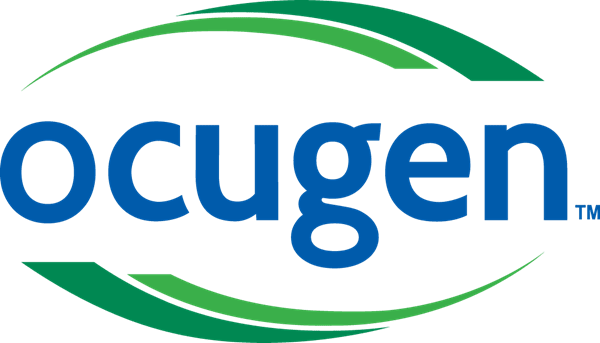Ocugen, Inc. Announces U.S. FDA Clearance of IND Amendment to Initiate OCU400 Phase 3 Clinical Trial — First Gene Therapy to Enter Phase 3 with a Broa

Ocugen, Inc. Announces U.S. FDA Clearance of IND Amendment to Initiate OCU400 Phase 3 Clinical Trial — First Gene Therapy to Enter Phase 3 with a Broa
MALVERN, Pa., April 08, 2024 (GLOBE NEWSWIRE) -- Ocugen, Inc. (“Ocugen” or the “Company”) (NASDAQ: OCGN), a biotechnology company focused on discovering, developing, and commercializing novel gene and cell therapies, and vaccines, today announced that the U.S. Food and Drug Administration (FDA) has cleared the Company’s Investigational New Drug (IND) amendment to initiate a Phase 3 clinical trial of OCU400, a modifier gene therapy product candidate being developed for retinitis pigmentosa (RP).
“The initiation of the OCU400 Phase 3 clinical trial is a significant milestone for patients with RP and a pivotal event for Ocugen as a company,” said Dr. Shankar Musunuri, Chairman, CEO and Co-Founder of Ocugen. “OCU400 is the first gene therapy program to enter Phase 3 with a broad RP indication. Until now, there has been only one marketed product to treat one of the 100 gene mutations associated with RP. Now there is real hope for all RP patients who haven’t had a treatment option.”
The Phase 3 study will have a sample size of 150 participants—one arm of 75 participants with the RHO gene mutation and the other arm with 75 participants that are gene agnostic. In each arm, participants will be randomized 2:1 to the treatment group (2.5 x 1010 vg/eye of OCU400) and untreated control group, respectively.
In the Phase 1/2 OCU400 clinical trial, a Multi-Luminance Mobility Testing (MLMT) scale was the primary functional endpoint. For the Phase 3 OCU400 clinical trial, an updated mobility course will be used—Luminance Dependent Navigation Assessment (LDNA)— that includes a wider range of light intensity (0.04-500 Lux) and Lux Levels (0-9) with a uniform correlation between Lux level and Lux intensity.
“A sensitive mobility course, LDNA, was developed by Ocugen in collaboration with FDA for the Phase 3 clinical trial to allow enrollment of patients with early to advanced stages of disease,” said Dr. Arun Upadhyay, Chief Scientific Officer at Ocugen. “We are extremely encouraged that with this Phase 3 study design more than 50% of intent to treat RHO patients would meet the responder criteria, which is demonstrating 2 or greater Lux level of improvement after one year of treatment based on Phase 1/2 study results.”
Currently there are approximately 110,000 patients in the United States with RP and 1.6 million patients globally. Of these patients, more than 10% have the RHO genetic mutation.
“We believe that the gene-agnostic clinical trial design provides an appropriate therapeutic option to include patients who have greater potential of benefiting from treatment,” said Dr. Huma Qamar, Chief Medical Officer at Ocugen. “We are looking forward to working with our selected trial sites and leading retinal surgeons to deliver this novel modifier gene therapy to potentially address unmet medical needs.”
Ocugen previously announced that OCU400 has received orphan drug and RMAT designations from the FDA. With the initiation of the Phase 3 clinical trial, OCU400 remains on track for the 2026 BLA approval target.
About OCU400
OCU400 is the Company’s gene-agnostic modifier gene therapy product based on NHR gene, NR2E3. NR2E3 regulates diverse physiological functions within the retina—such as photoreceptor development and maintenance, metabolism, phototransduction, inflammation and cell survival networks. Through its drive functionality, OCU400 resets altered/affected cellular gene-networks and establishes homeostasis—a state of balance, which has the potential to improve retinal health and function in patients with inherited retinal diseases.
About RP
RP is a group of rare, genetic disorders that involve a breakdown and loss of cells in the retina, leading to vision loss and blindness. Currently, RP is associated with mutations in more than 100 genes.
There are no approved treatment options that slow or stop the progression of multiple forms of RP. Proposed treatments for RP include gene-replacement therapy, retinal implant devices, retinal transplantation, stem cells, vitamin therapy, and other pharmacological treatments. Current gene-replacement therapies are promising but are limited to treating just a single mutation. In addition, while gene therapies may provide a new functional gene, they do not necessarily eliminate the underlying genetic defect, which may still cause stress and toxic effects leading to retina degeneration. Therefore, the development of gene-specific replacement therapy is highly challenging, especially when multiple and unknown genes are involved. Thus, novel therapeutic approaches targeting broader RP disease in a gene agnostic manner offer greater hope for patients.
About Ocugen, Inc.
Ocugen, Inc. is a biotechnology company focused on discovering, developing, and commercializing novel gene and cell therapies, biologics, and vaccines that improve health and offer hope for patients across the globe. We are making an impact on patient’s lives through courageous innovation—forging new scientific paths that harness our unique intellectual and human capital. Our breakthrough modifier gene therapy platform has the potential to treat multiple retinal diseases with a single product, and we are advancing research in infectious diseases to support public health and orthopedic diseases to address unmet medical needs. Discover more at www.ocugen.com and follow us on X and LinkedIn.
Forward-Looking Statements
This press release contains forward-looking statements within the meaning of The Private Securities Litigation Reform Act of 1995, including, but not limited to, statements regarding qualitative assessments of available data, potential benefits, expectations for ongoing clinical trials, anticipated regulatory filings and anticipated development timelines, which are subject to risks and uncertainties. We may, in some cases, use terms such as “predicts,” “believes,” “potential,” “proposed,” “continue,” “estimates,” “anticipates,” “expects,” “plans,” “intends,” “may,” “could,” “might,” “will,” “should,” or other words that convey uncertainty of future events or outcomes to identify these forward-looking statements. Such statements are subject to numerous important factors, risks, and uncertainties that may cause actual events or results to differ materially from our current expectations, including, but not limited to, the risks that preliminary, interim and top-line clinical trial results may not be indicative of, and may differ from, final clinical data; that unfavorable new clinical trial data may emerge in ongoing clinical trials or through further analyses of existing clinical trial data; that earlier non-clinical and clinical data and testing of may not be predictive of the results or success of later clinical trials; and that that clinical trial data are subject to differing interpretations and assessments, including by regulatory authorities. These and other risks and uncertainties are more fully described in our periodic filings with the Securities and Exchange Commission (SEC), including the risk factors described in the section entitled “Risk Factors” in the quarterly and annual reports that we file with the SEC. Any forward-looking statements that we make in this press release speak only as of the date of this press release. Except as required by law, we assume no obligation to update forward-looking statements contained in this press release whether as a result of new information, future events, or otherwise, after the date of this press release.
Contact:
Tiffany Hamilton
Head of Communications
Tiffany.Hamilton@ocugen.com
Publication: GlobeNewswire
Link: Ocugen, Inc. Announces U.S. FDA Clearance of IND Amendment (globenewswire.com)
Get Updates
from LSPA
Stay up-to-date on the latest news and events from Life Sciences PA, insights from the life sciences industry, and so much more!

Life Sciences Pennsylvania was founded in 1989 by a biotech scientist at Penn State University. Today it has grown to represent the entire life sciences industry – biotechnology and diagnostic companies, medical device companies, pharmaceutical companies, investment organizations, research institutions, and myriad service industries that support the life sciences in Pennsylvania.